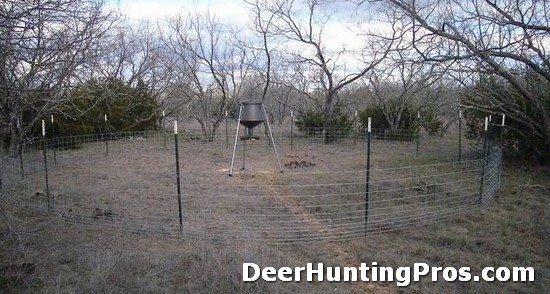Question: “What are some of the deer attractants that you like for deer hunting? I’m confused if I should buy some special thing or just use corn. Other hunters on our deer lease said that I should not shoot does until December because the more does we have on our land during the rut, the more bucks that will show up. They say that if we start shooting does in November the other does will be pressured off the land onto other places. Then the bucks will follow them. Is this true?”
Response: I disagree with waiting to shoot does that late in the year. In fact, it’s best to shoot them as early as possible so that the remaining food sources can be saved for deer that you are not going to shoot. If you need to decrease the deer population, don’t let them eat for two additional months. That is valuable winter food they are using. For example, six does eating for two months is 12 months of food usage… the same amount a single deer would eat in a year!

In addition, the more does that are in heat, the fewer animals a buck has to chase. He can only be in one place at any moment in time, so your friends’ theory does not hold water. Futhermore, if you shoot does in December or late in the deer hunting season, then the greater the chance that they are already bred. In fact, they will be bred by late December. Period. Bucks will lose important body mass during the rut, so I would recommend not letting bucks waste valuable energy breeding does that you are ultimately going to remove.
One last piece of deer hunting advice, too. If you do plan on harvesting a doe, I do not recommend shooting it off of one of your feeders or food plots when a lot of other deer are around. This will get deer to start avoiding your stand, especially if it happens year after year after year. Whitetail deer are sharp, and the does in particular. I typically like to harvest does on our land early in the deer season after I have done a survey. Then I can estimate how many I think need to be harvested in that particular year and keep my deer numbers in line with the habitat on my land.